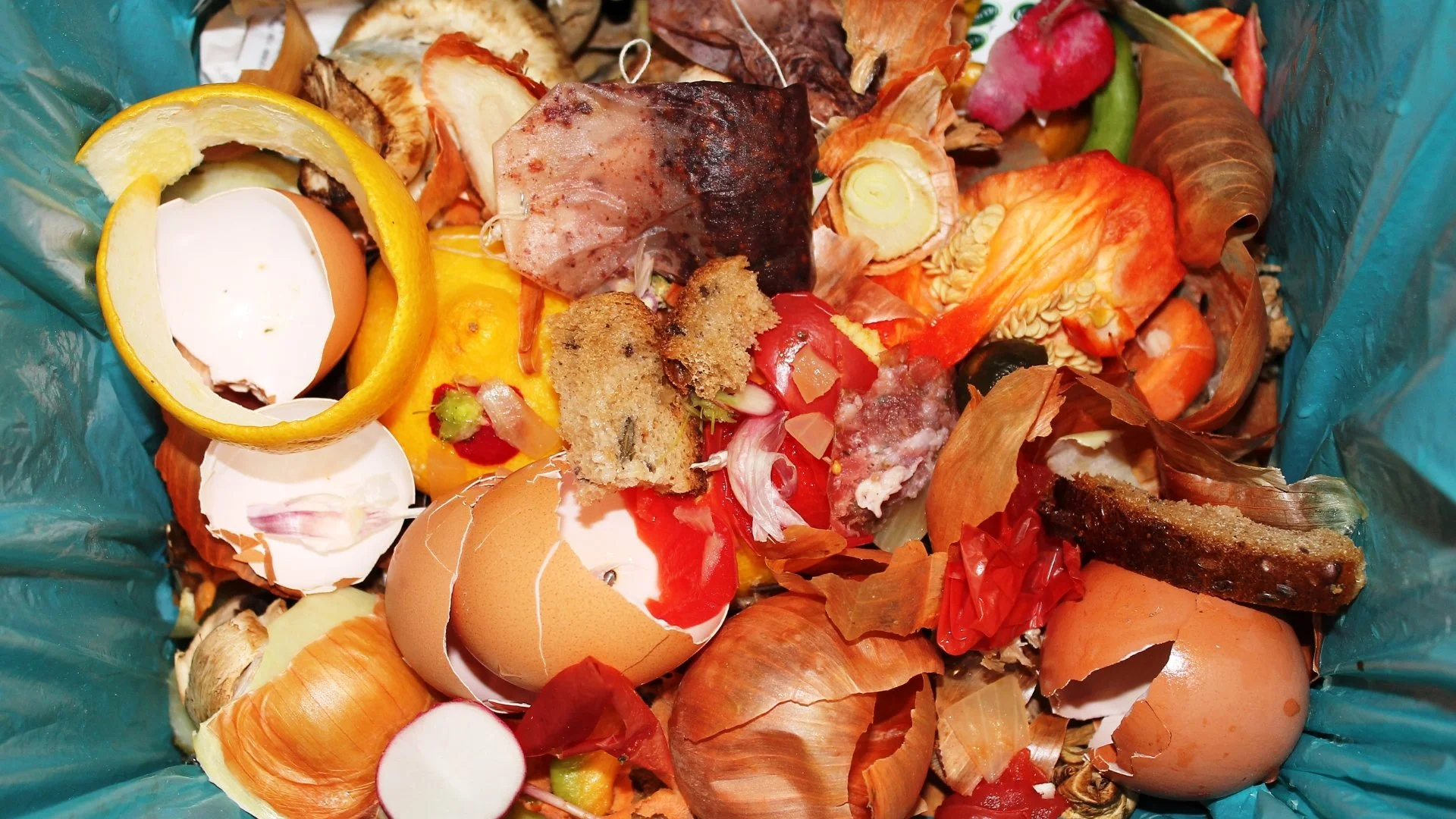Sustainable Food Waste Management for Restaurants with Aerobic Digestion
In the dynamic world of restaurant operations, managing food waste efficiently is a critical aspect of maintaining both profitability and sustainability. Shiva Industries understands the challenges faced by businesses in the food and beverage sector and offers innovative solutions to address these concerns. One such solution that is gaining traction is aerobic digestion technology, which offers numerous benefits in waste management and sustainability efforts.
What is Aerobic Digestion?
Aerobic digestion is a biological process that breaks down organic waste in the presence of oxygen. Unlike anaerobic digestion, which occurs in oxygen-deprived environments, is expensive, requires huge waste streams (>20,000kg per day) and produces biogas; aerobic digestion does not produce methane but instead yields nutrient-rich organic fertilizer. This makes it a perfect option for businesses looking to minimize their environmental footprint without the costs & complexities associated with biogas production.
Benefits of Aerobic Digestion for Restaurants:
1. Reduced Environmental Impact:
One of the primary benefits of aerobic digestion is its ability to significantly reduce the environmental impact of food waste. By diverting organic waste from landfills, where it would otherwise decompose and produce methane—a potent greenhouse gas—restaurants can mitigate their carbon footprint and contribute to climate change mitigation efforts.
2. Efficient Waste Management:
Aerobic digestion offers a streamlined and efficient way to manage food waste within restaurant operations. Instead of relying on traditional waste disposal methods, such as landfilling or incineration, aerobic digesters can process organic waste on-site, minimizing transportation costs and logistics associated with waste removal.
3. Resource Recovery:
Aerobic digestion converts organic waste into a valuable nutrient-rich organic fertilizer. The fertlizer produced through aerobic digestion can be used to enrich soil quality and support local agriculture, closing the loop on the food production cycle and promoting sustainable practices.
4. Odor Control and Sanitation:
Unlike anaerobic digestion, which can produce odorous by-products such as hydrogen sulfide, aerobic digestion is odor-free and does not pose significant sanitation concerns. This makes aerobic digesters suitable for installation in urban or densely populated areas, where odor control is a priority.
5. Regulatory Compliance:
As environmental regulations become increasingly stringent, businesses are under growing pressure to implement sustainable waste management practices. Aerobic digestion offers a compliant solution that aligns with waste diversion goals and supports corporate sustainability initiatives, enhancing businesses' reputations and market competitiveness.
Conclusion:
Aerobic digestion technology presents a compelling solution for restaurants seeking to minimize food waste and enhance their sustainability efforts. By harnessing the power of biological processes to convert organic waste into valuable resources, businesses can reduce their environmental footprint, improve operational efficiency, and contribute to a more sustainable future. With Shiva Industries' innovative aerobic digestion solutions, restaurants can embrace sustainability without compromising on performance or profitability. Join us in our mission to transform food waste into resources and build a greener, more resilient food system for generations to come.

